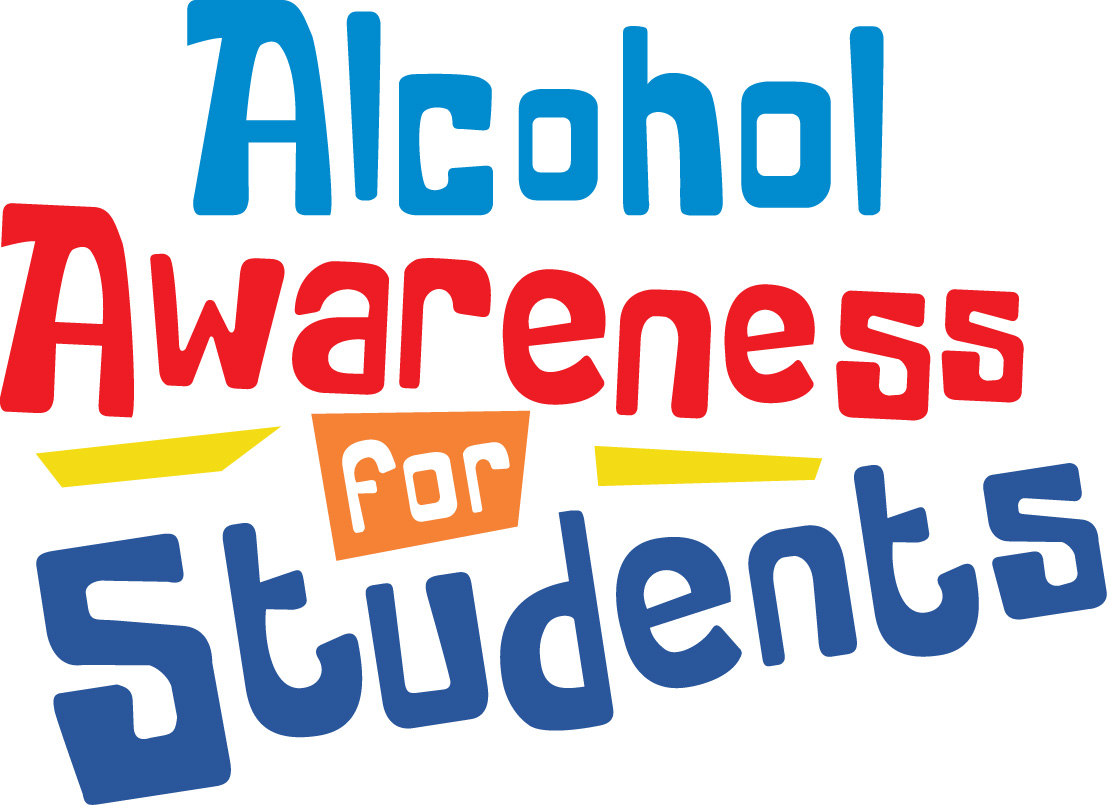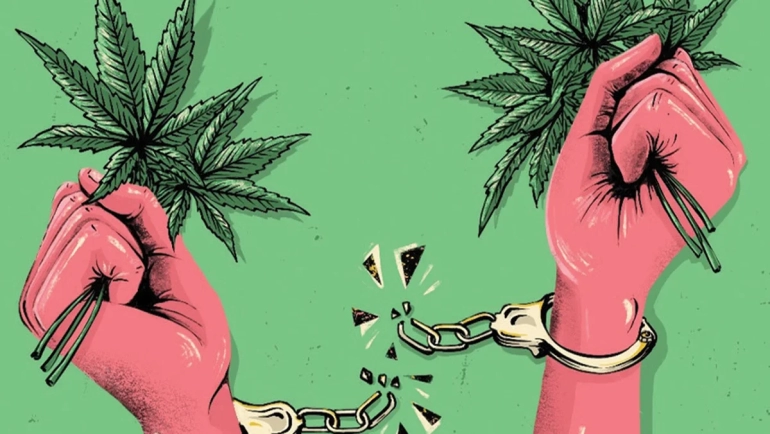58Views

Georgia DUI offenders must attend mandatory alcohol education classes known as DUI Risk Reduction courses taught by private individuals under regulation by the Department of Driver Services.
Prime for Life classes provide in-depth assessments and include the Prime for Life intervention component to change behaviors, reduce DUI incidents, and save lives.
Prevention
Alcohol education programs aim to inform individuals of the risks associated with drinking and driving. Furthermore, they help participants develop plans to cut back their alcohol use as well as identify support systems who may assist in reaching their goal.
Studies have demonstrated the efficacy of school-based interventions at preventing or delaying adolescent alcohol use. Most interventions focus on middle schoolers as the rates for use begin to skyrocket around this age and peak between 10-14.
Effective programs typically incorporate theory driven lessons that address social norms that make alcohol consumption acceptable among youth, teach personal and social skills to resist peer pressure to drink, involve interactive teaching approaches with trained facilitators, and deliver over multiple sessions and years (Spoth et al. 2008, 2009). They should also connect to other parts of a youth’s community (e.g. families, worksites, media coverage or policies). Although many attend these classes legally required courses; those enrolling voluntarily show they’re committed to positive change.
Education
Alcohol education programs aim to provide individuals with skills that promote healthy lifestyles and minimize alcohol-related problems. They may be provided as part of treatment programs, or can be taken up voluntarily as a means of mitigating legal penalties such as fines, license suspension, and jail time. They may also fulfill requirements of probationary programs ordered by courts, or help those charged with DUI avoid legal penalties such as these.
Many school-based interventions that have been evaluated have focused on middle schools due to rates of drinking onset typically peaking around this age (Kosterman et al. 2000). However, sustained intervention throughout high school may be necessary in order to sustain changes made from earlier interventions, as demonstrated by Project Northland’s high school component results.
Education is a key strategy in combatting drunk driving. Many localities require businesses that sell alcohol to provide training on this matter in order to reduce liability and avoid costly civil or criminal penalties.
Treatment
Alcohol abuse is a significant public health problem that impacts communities nationwide, often occurring alongside depression or anxiety disorders. According to estimates from the National Institute of Mental Health, around 20% of individuals suffering from such disorders also struggle with substance use issues.
Alcohol education programs have proven their worth in significantly reducing underage drinking and helping individuals avoid becoming dependent on alcohol over time. More work must be done, however, such as making proven treatments more widely available; consistently enforcing laws regarding alcohol; and providing education on its effects on people’s mental health and safety.
School-based interventions have proven most successful at preventing alcohol abuse among adolescents. These typically target middle-school students and have been designed to be theory driven, address social norms about alcohol and build personal and social skills to resist peer pressure. While various approaches have been tested, Project Northland and keepin’ it REAL have had the most promising results.
Recovery
Alcohol abuse is one of the primary factors contributing to DUI accidents in Sandy Springs and nationwide, accounting for 31% of car accident fatalities. Although Sandy Springs is an ideal community, substance abuse remains a national problem that must be tackled quickly; fortunately there are comprehensive rehabilitation facilities nearby that offer assistance.
Effective alcohol prevention programs work to lower risk factors at both individual and social levels. School-based interventions aim to decrease underage drinking by informing students of its risks and encouraging healthy lifestyle choices; other strategies include strictly enforcing alcohol laws, providing alcohol education programs in schools, and decreasing advertisements/marketing of alcohol (Foxcroft et al. 1996).
If you are arrested in Sandy Springs for DUI, it is essential that you hire an experienced DUI lawyer immediately. A good DUI attorney will work hard to keep you out of jail by getting bail bonds issued quickly and developing a strong defense.



